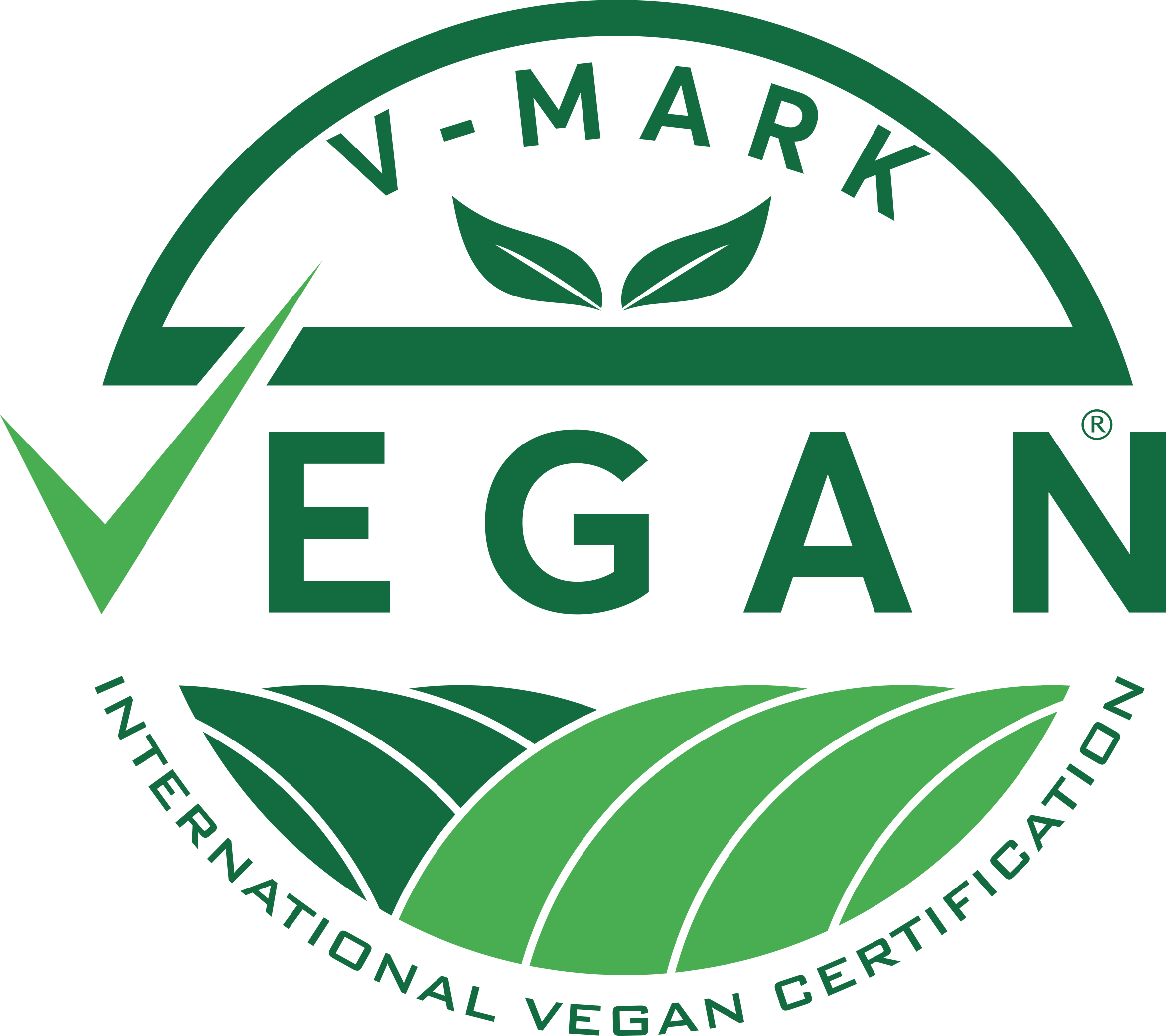Are Vegan Certifications and Labels Only for Vegan Products? Can Non-Vegan Ingredients Be Used?
Vegan certifications and labels are becoming more and more popular, with many companies and organizations adopting a vegan-friendly policy. But are they only for vegan products, and can non-vegan ingredients be used?

The answer to this question is not a simple yes or no, as it depends on the specific certification or label in question. Some vegan certifications and labels will only certify products that are 100% vegan, meaning that no animal products or by-products can be used in any form. On the other hand, other certifications are more flexible, and may allow for products with some animal-based ingredients, such as honey or beeswax, as long as the majority of the ingredients are plant-based.
It is important to read the specific guidelines for each vegan certification or label, as they will provide information about what ingredients can and cannot be used in the product. It is also important to note that some certifications or labels may be stricter than others, and may have different requirements. For example, some certifications may only certify products that are free of any animal-based ingredients, while others may allow for some limited use of animal-based ingredients.
In addition, it is important to be aware that some certifications or labels may only be applicable to certain types of products, such as food or cosmetics. Therefore, it is important to read the specific guidelines for each certification or label before making a decision on which one to use.
In conclusion, vegan certifications and labels are becoming increasingly popular, and they can provide a great way to ensure that the products you use are vegan-friendly. However, it is important to read the specific guidelines for each certification or label to make sure that you are making the right decision for your company or organization. Additionally, it is important to be aware that some certifications or labels may be stricter than others, and may have different requirements for the use of animal-based ingredients.
FAQ
- Are Vegan Certifications and Labels Expensive? How Much Do They Cost?
- Are Vegan Certifications and Labels Only for Vegan Companies? Can Non-Vegan Brands Get Certified?
- Are Vegan Certifications and Labels Only for Vegan Products? Can Non-Vegan Ingredients Be Used?
- Are Vegan Certifications and Labels Reliable? How Do I Know if a Program is Reputable?
- How Do I Find Vegan Certified or Labeled Products? Where Can I Look?
- How Do I Get My Product Vegan Certified or Labeled? What is the Process?
- How Do Vegan Certifications and Labels Benefit Brands and Manufacturers? Why Should They Get Certified?
- How Do Vegan Certifications and Labels Benefit Consumers? Why Should I Look for Them?
- What Does a Vegan Certification or Label Mean? What Are the Standards?
- What Kinds of Products Can Be Vegan Certified or Labeled? Is It Just Food?
- What are the Benefits of a Vegan Certification or Label for the Environment and Animals?
- What is a Vegan Certification or Label? How Do I Know if a Product is Vegan?
- What is the Difference Between a Vegan Certification and a Vegan Label? Which is Better?
- What is the Future of Vegan Certifications and Labels?
- What is the Role of Vegan Certifications and Labels in Promoting Veganism?
- What is Veganism?

GET CERTIFIED
